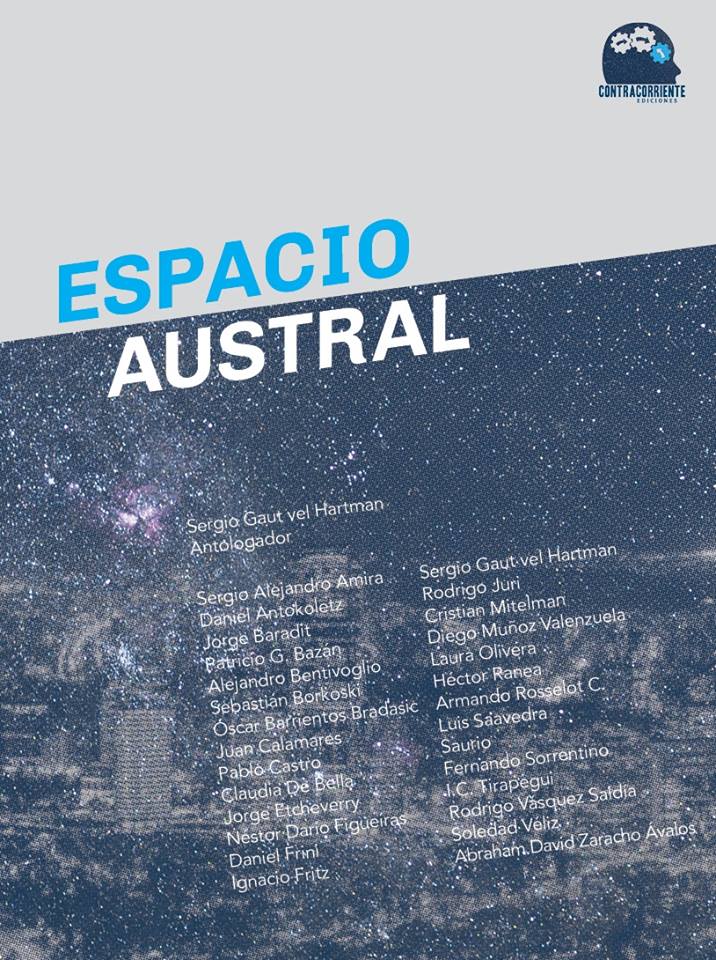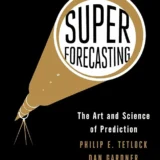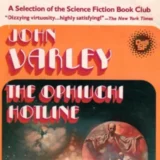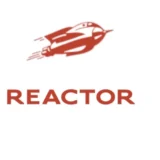Security Check by Arthur C. Clarke is one of those short stories that is cute, unassuming, and simply fun to read. It is a compelling classic from one of the masters and a charming example of what archetypal science fiction looks like.
 Once again, we return to the 1978 anthology “The Worlds of Arthur C. Clarke – Of Time and Stars,” from Puffin Publishing. The story first found print in January 13, 1956 issue of The Evening News. Then a year later in 1957, editor Anthony Boucher selected for the story for the June issue of The Magazine of Fantasy and Science Fiction.
Once again, we return to the 1978 anthology “The Worlds of Arthur C. Clarke – Of Time and Stars,” from Puffin Publishing. The story first found print in January 13, 1956 issue of The Evening News. Then a year later in 1957, editor Anthony Boucher selected for the story for the June issue of The Magazine of Fantasy and Science Fiction.
The story surrounds the life changing journey of Hans Muller, a skilled craftsman who one day receives a television set from a bankrupt client as payment for his work. Not accustomed to such frivolous luxuries, Hans sits down and watches the programs to see what all the fascination is about. What he discovers is Captain Zipp, Commander of the Space Legion, a science fiction program full of alien beings, unusual planets and warring spaceships. At first he is draw in by this strange new fascination, but Hans quickly grows tired of the poorly produced show with their outdated sets, unconvincing wardrobes and cumbersome, not-so-realistic gadgets.
After presenting the producer with drawings of realistic designs and images more authentic than the original attempts, Hans is hired to bring the television show to a new level. The amazing thing is that the designs were so realistic, he soon draws the attention of two men who arrive at his workshop dressed in long overcoats and large hats obscuring their faces. They are from something called “Security” and insist on taking Hans away for investigation because the props he has designed are too similar to actual technology. And in the end, we learn that the two men are not from this world.
Security Check is a charming story that has the feel of a Twilight Zone or Outer Limits episode. But from a literary standpoint, the closing twist that Hans’ designs reflect actual alien technology allows the readers to ask themselves – just what else out there may mirror what we read in fiction. Looking much deeper, the story could be a metaphoric reflection of the literary art form itself.
Consider some passages from the opening paragraph…
“It is often said that in our age of assembly lines and mass production there’s no room for the individual craftsman, the artist in wood or metal who made so many of the treasures of the past. Like most generalizations, this simply isn’t true.”
Clarke himself was an artist of words. And like the character Hans, the author perfects his literary form through skill and experience. Hans did not like what he saw and took it to the next level. This could be the same issue with what Clarke read, so he was compelled to show the world how it should be done.
“He’s rarer now, of course, but he’s certainly not extinct. He has often had to change his vocation, but in his modest way he still flourishes. Even on the island of Manhattan he may be found, if you know where to look for him. Where rents are low and fire regulations unheard of, his minute, cluttered workshops may be discovered in the basements of apartment houses or in the upper storeys of derelict shops.”
Studying astronomy and sciences at an early age, Clarke eventually changed HIS vocation by opening up his imagination and flourishing as a writer. Without insinuating the “you can be anything” cliché, this could also reflect the acknowledgement of other writers out there and the humbling realization that
“He may no longer make violins or cuckoo clocks or music boxes, but the skills he uses are the same as they always were, and no two objects he creates are ever identical.”
This is an interesting line. It suggests that the final product may not be as pronounced or successful, but the same efforts are put into everything he writes – and everything he writes is original.
“He is not contemptuous of mechanization: you will find several electric hand tools under the debris on the bench. He has moved with the times: he will always be around, the universal odd-job man who is never aware of it when he makes an immortal work of art.”
Here, you might consider the change of technology over time. No matter how further along we’ve come or how inaccurate (or accurate in some cases) Clarke’s predictions may have been, the stories are still relevant, entertaining, and thought provoking.
Okay, a lot of these analytical points may be a bit far-fetched or obtuse, but these are some of the things that come to mind when reading some of the short works of legends. Clarke probably didn’t intend to link the literary process to a cute story about a skilled protagonist whose unique abilities draws the attention of aliens. But hey, wouldn’t it be cool if he did?









